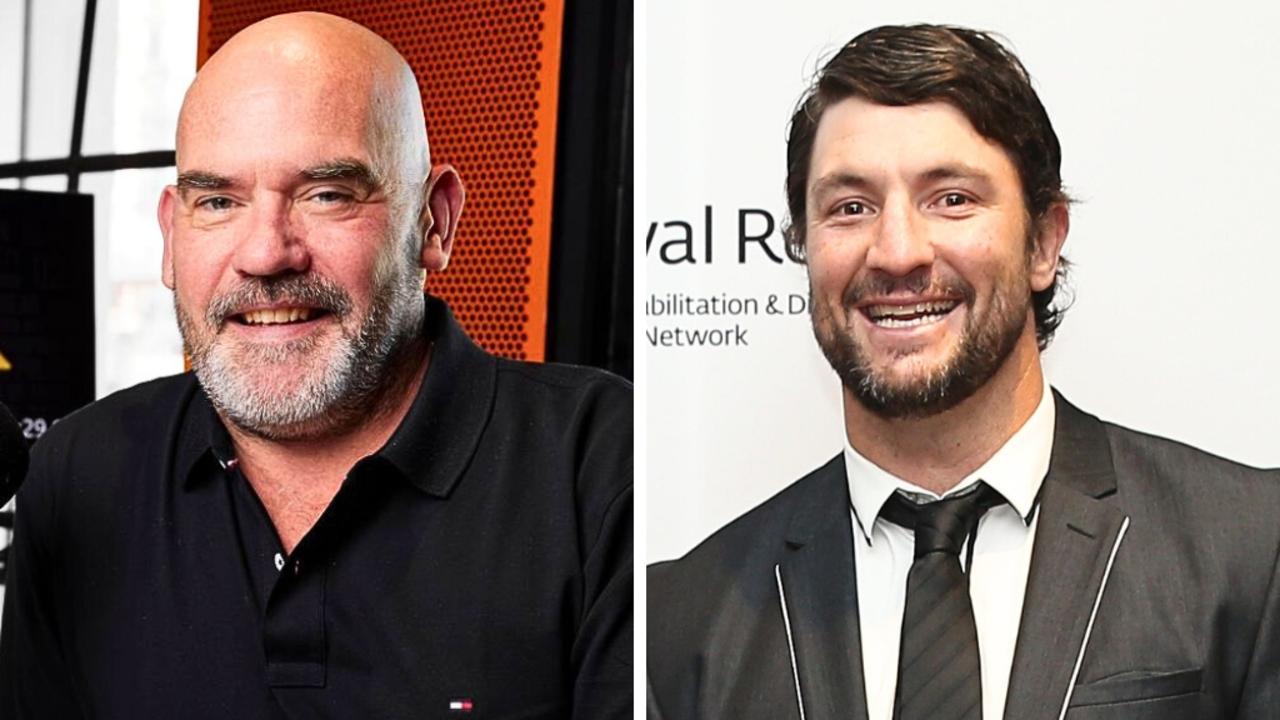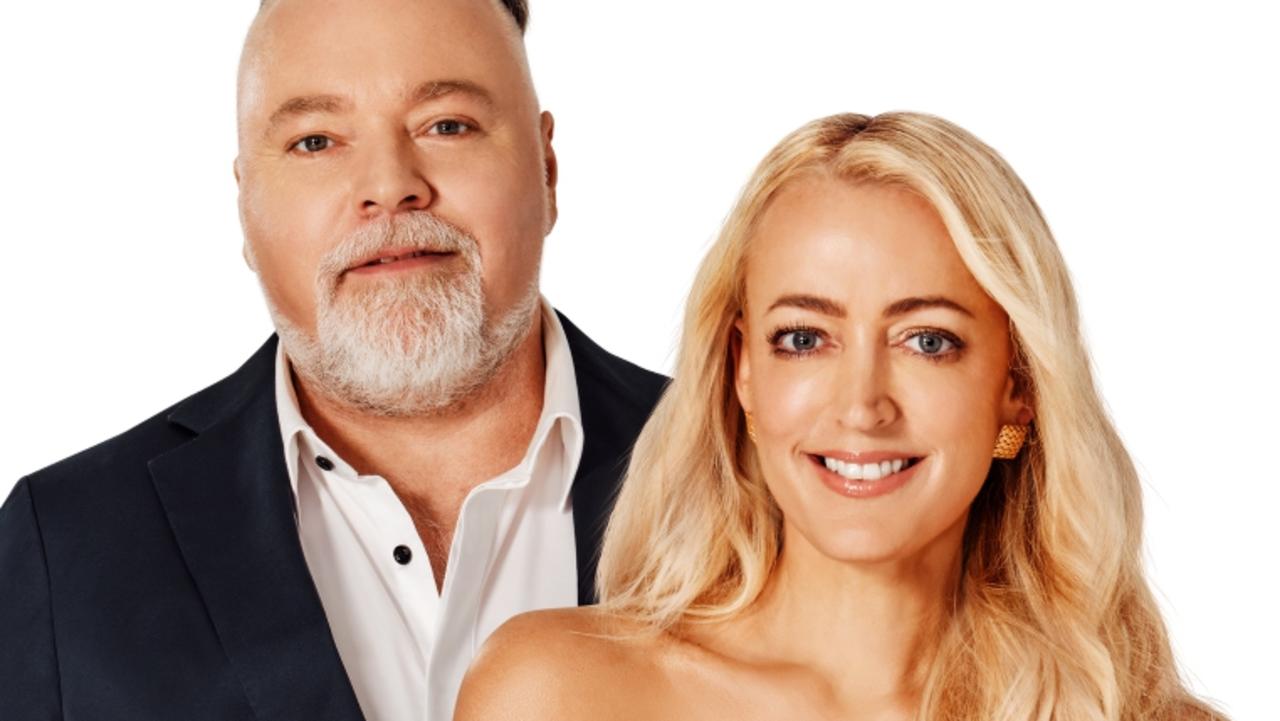Wikileaks founder Julian Assange believes Australia ‘abandoned’ him
WHEN Julian Assange decided to speak out about being trapped inside one building for three years, he chose a bizarre forum.
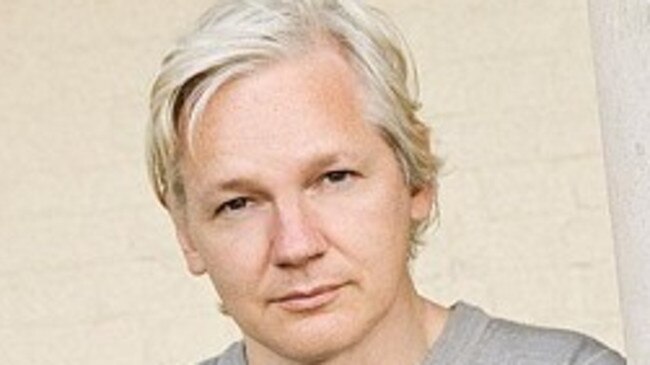
JULIAN Assange has his supporters. He counts the children who send him elaborate, hand-drawn escape plans among them. But he doesn’t include Canberra in that category.
In a revealing interview on Sydney breakfast radio on Wednesday morning from the confines of the Ecuadorean embassy in London, the Wikileaks founder said Australia had abandoned him.
“I’ve had no contact with the Australian consulate for years and when I do they say, ‘What do you want?’” Assange said.
“That’s not about me. That’s about Australia being famous for abandoning Australians whenever they get into criminal conflict. It seems to be the nature of Canberra that they abandon Australians.”
He called Canberra “a horrific place”.
Assange hasn’t spoken to Australian media since May. He may be done with the hard-hitting questions journalists normally fire at him because this time he chose a different path. He spoke instead with Kiis FM’s Kyle and Jackie O Show on a morning when Kyle was replaced by stand-in host Matty Acton. He even answered questions from the show’s listeners.
Julian Assange has a Jason Bourne Escape Plan? #KJshow 😜@wikileaks #JulianAssange #TheWikileaksFiles http://t.co/mCXnQtGhs1
— Kyle and Jackie O (@kyleandjackieo) October 6, 2015Assange, 44, is three years into an open-ended stay at the embassy. The computer hacker is wanted in Australia, the US, Sweden, the UK, Saudi Arabia and Germany for espionage, for leaking sensitive documents including the Iraq and Afghanistan war logs and for alleged sex crimes.
Assange said he doesn’t know when he’ll be allowed to leave and can’t even stick his hand out the window.
He rejected the suggestion that he had plotted an escape and spoke of his heartache at what his family has been put through.
Despite it all — the lack of sunlight, the unending police presence at his front door — Assange said he would do it all again.
“If you believe in something then you have to pay a cost to achieve it. That’s all right. I complain about the injustice and the politics but I understand this game,” he said.
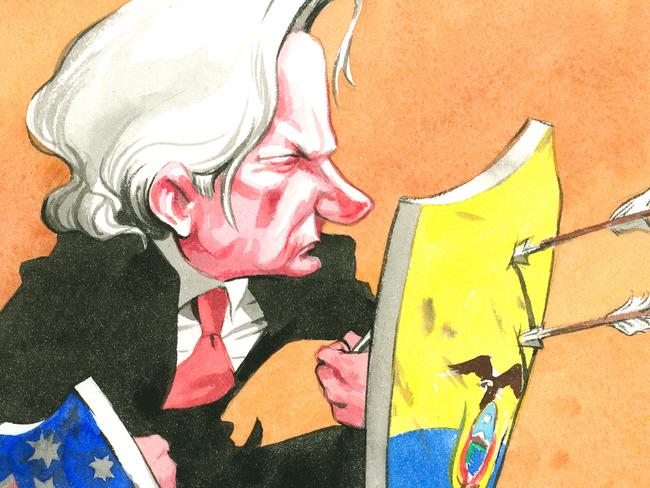
‘IT’S A SERIOUS SITUATION HERE’
Inside the embassy, Julian Assange and his supporters use old Nokia mobile phones. There’s no risking the use of smartphones.
“All smartphones we have to assume are infected and we’ve banned them,” Assange said. “We joke here that the only way to go is to set up a state that has no electronic devices, no mobiles, like a park.”
That’s about where the jokes end. The situation, Assange says, is “serious”. The British government is certainly taking it seriously. Armed guards wait outside the embassy 24 hours a day. Assange estimates there are 100 fulltime police surrounding the building at a cost of $A15 million so far.
Their presence and Assange’s wanted status takes a toll on the Wikileaks editor-in-chief and on his family.
“I’m sure they question (my being here),” he said.
“That is more significant (than me questioning it). When Wikileaks does what it does, they have to pay a cost. My family sure as hell didn’t agree to pay those costs. They’ve been harassed (and there have been) calls for their assassinations to get at me.”
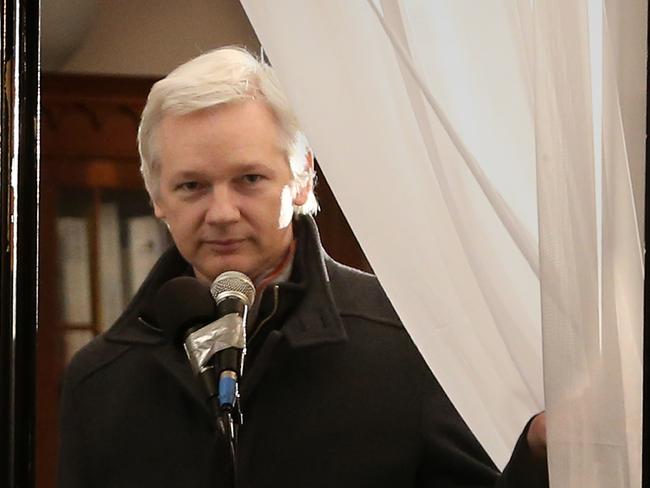
It hasn’t dissuaded him from continuing his work. In fact, he says it helps him because he has nothing else to do.
Last week he was drawn into commenting on the rise of Islamic State and defending his organisation’s role in helping the terror group prosper.
“There’s no allegation anything we have published has benefited the Islamic State, but let’s go back. It’s the failure of the press here to properly cover what has been happening in Syria (that) has led to the rise of the IS. That’s a very, very serious phenomenon.
“The intelligence agencies have run amok, military supplies have run amok, Saudi Arabia and Qatar and Turkey have run amok and as a result we now have the Islamic State, where we have incredible refugee flows, a human rights catastrophe.”
Julian Assange’s journey to the Ecuadorean embassy has been a long one. It started in Sweden in 2010 when he was accused of meeting two women and having sex with them. The women claim they were raped and Assange was never charged.

He was arrested that November, two months after leaving Sweden, after Interpol issued a notice for his arrest. He posted bail and, following legal wrangling, Sweden requested he be extradited two years later.
Because he faces charges of espionage in the US, Assange is reluctant to face court in Sweden. He believes that he’ll be forced to travel to the US to face charges stemming from leaked documents.
On July 19, he applied for asylum at the embassy in Knightbridge and, once inside, was greeted by a large police presence. Three years later, they are still waiting for him to come outside.
During Wednesday’s interview, Assange allowed listeners to call in and ask him questions. He answered them all. At the end of the interview, he even apologised. Not for the leaks or for the saga but for something else entirely.
“Excuse my ruined Australian accent,” he said.


